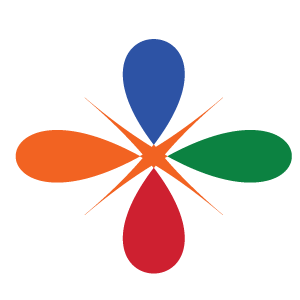Marine and coastal environments form complex interdependent webs of life where organisms of all sizes interact according to intricate rules of survival. Humans are integral nodes in this web, relying on marine and coastal systems for both livelihoods and recreation in a co-dependent relationship that requires the environment to remain healthy and vibrant.
How can we manage such complex ecosystems in a way that integrates ecological, social, and economic goals?
OpenStreetMap is a collaborative project to create a free editable geographic database of the world. Open street Map (OSM) is name refer is a global open access mapping project. The data from OSM can be used in various ways including production of paper maps and electronic maps, geocoding of address and place names, and route planning.
To easy access of OSM spatial data, Mark Padgham and Robin Lovelace developed osmdata, which is an R package for downloading data from OSM.
Elevation data is used for a wide array of applications, including, for example, visualization, hydrology, and ecological modelling. There are several sources for digital elevation models such as the Shuttle Radar Topography Mission (SRTM), the USGS National Elevation Dataset (NED), Global DEM (GDEM), and others. Each of these DEMs has pros and cons for their use. Prior to its closure in January of 2018, Mapzen combined several of these sources to create a synthesis elevation product that utilizes the best available elevation data for a given region at given zoom level.
OpenStreetMap (OSM) is a collaborative project to create a free editable geographic database of the world. The geodata underlying the maps is considered the primary output of the project (Wikipedia contributors 2021). OpenStreetMap was born in 2004 in the UK, at a time when map data sources were controlled by private and governmental players. They were expensive and highly restrictive which made them accessible only by large companies.
Data is the most important asset. It validates a research story and a conclusions; it provides a platform of confidence for other researchers who might continue your work; and it is a resource that can be used by researchers in other fields to undertake new work, perhaps completely unrelated to your own research interests. Well-organised data that is accessible to the research community can continue to provide extended benefit and value long after your projects have been completed.
